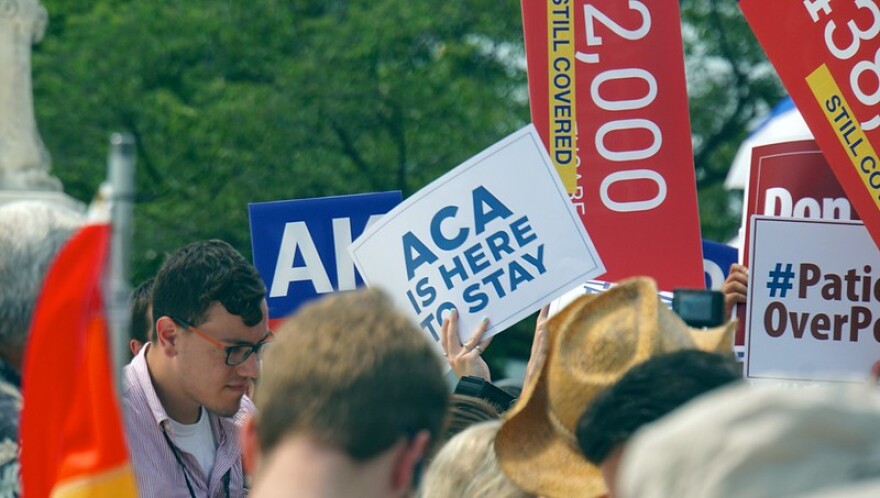Ten years ago around this time, U.S. legislators were in the middle of hashing out one of the biggest ever pieces of health care reform legislation. Democrats narrowly passed it, and President Barack Obama signed into law the Patient Protection and Affordable Care Act in March of 2010.
Looking back on the last decade, Timothy Stoltzfus Jost, health policy expert and professor emeritus at Washington and Lee University, said the ACA has accomplished a lot, but it’s also left a fragmented health system divided by private and public sectors.
“The ACA made major reforms in health care delivery, finance, addressing access, cost and quality,” Jost said. “Its reach is far greater than is commonly understood, yet while it revolutionized many parts of the U.S. health care system, it did not revolutionize the system itself. Much remains to be done.”
Jost joined other health policy experts and former members of the Obama administration recently at Yale University, which hosted a joint conference with the University of Pennsylvania, focusing on the formation, implementation and impacts of the ACA.
Experts agreed that the health law isn’t perfect. But Jost cautioned that current presidential candidates should be wary of running on Medicare-for-all or single payer proposals.
“We barely got the Affordable Care Act through with support of the hospitals, the physicians, the pharmaceutical lobby and 60 votes in the Senate,” he said, “and right now, we’re not anywhere close to that.”
President Obama’s former deputy chief of staff for policy Nancy-Ann DeParle said candidates and experts should instead be looking at ways to build upon the existing system.
“I would not waste time trying to invent the wheel,” she said to a crowd at Yale. “I would try to improve the structure that’s already there.”
After it was signed into law, the ACA expanded health insurance coverage to millions of people in the United States, especially low- and middle-income residents. It also helped young adults keep their parent’s insurance up to age 26, it required insurers to cover pre-existing conditions, eliminated lifetime limits, expanded coverage for preventative services and more.
Connecticut was one of the few states early on to establish its own state exchange, called Access Health CT. That was how patient advocate Gaye Hyre, of West Haven, was able to get an ACA plan to cover her through cancer treatment and other health care needs.
But she said the reality of that coverage is flawed.
“The fact is, on the ground, you can have your insurance, but the equitable access to the actual care is compromised because people will not take that insurance, therefore it is stigmatized,” Hyre said. “How is the patient, the person at the end of the policy, supposed to cope with all of this?”
Panel experts acknowledged some major issues plaguing the ACA today, like few carriers in rural and other areas as well as rising deductibles and premiums that are making it hard for patients to afford or use their health insurance.
But they also said the Trump administration and GOP legislators continue to rollback and dismantle parts of the health law with a goal to repeal the entire legislation. Joseph Antos specializes in health policy economics at the American Enterprise Institute.
“What would Republicans have supported in place of the ACA?” he said. “That wasn’t clear 10 years ago, and it is even less today.”
The ACA is currently being challenged in court on its constitutionality in a lawsuit brought by 18 GOP state attorneys general. It's also suffering funding cuts and other problems, but Nicole Huberfeld, attorney and professor at Boston University School of Law, said policy makers can learn from the past in order to move forward.
“There are lessons to be learned from the difficulty from its rollout and I think also lessons to be learned whether or not we can have this patchwork public or private non-system and continue to roll along with it,” she said. “My sense ... is that people are still not getting what they need for all the money that we spend.”
ACA policy analysts and former Obama administration members will be featured in a new book edited by Yale and UPenn scholars called The Trillion Dollar Experiment, which examines a decade of the health care reform law. The book comes out in March.





